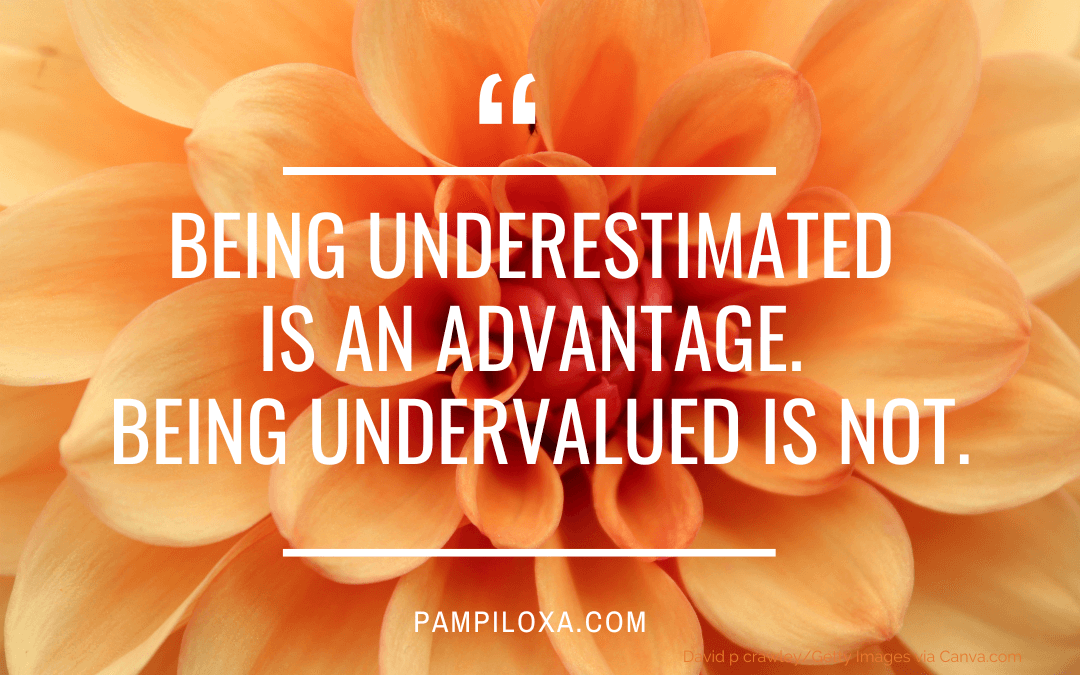A few years ago, a client was openly laughing at my pricing over the phone. She found it ridiculously high, and she let me know that in a hurtful way.
What hurt the most in this situation was the fact that this was a client who had hired me before, not once, but twice, and who had been over the moon happy and satisfied with the results of my work with her team. She even intended to collaborate on all her large-scale projects in the future.
So how come she had never realized my pricing? Well, this was the first time we were not discussing a package deal. And apparently it hadn’t occurred to her that a single instance three months after the conclusion of the initial project would cost extra. Apparently it had also not crossed her mind that this single pricing had been the basis of my package deals. For whatever reason, she openly laughed at me when I told her the price.
Not the most pleasant situation.
I guess I could have given her a discount and kept her as a client. But at what price? The price on my end was a relationship that clearly did not value my work. And while being underestimated can be a significant advantage in a negotiation, being undervalued is not one of my goals. It undermines my joy, my motivation, and my self-worth.
Instead, I stood my ground and let her mull over the price I had stated. When she realized I wouldn’t give in, she accepted. We both knew, I believe, that it would be the final meeting together.
As a leader and business owner, we encounter this type of situation more often than we care for.
I have worked with internal IT departments who were undervalued by their Business Unit counterparts. Employees who were not seen for their know-how because they had learned something new in their spare time. Members of networks who were not invited as speakers because outside consultants would bring in a different perspective. There is a lot of ways we can hurt people. And undervaluing their contribution, knowledge, or care, is a major one.
When faced with such blatant ignorance, we are called to make a choice. Do we buy into the lack of value? Do we justify and legitimize and negotiate? Do we strategize to find a way to improve the relationship? We do not have to make this choice in the same instant, like I did that day on the phone. We may sometimes realize hours later, even days later, what actually happened. No-one pushes us to make the choice directly. But we are called to make a choice.
What is your choice? Let me know in the comments. And if your leadership is undervalued or your project client doesn’t see your worth, book yourself into a clarity call.

